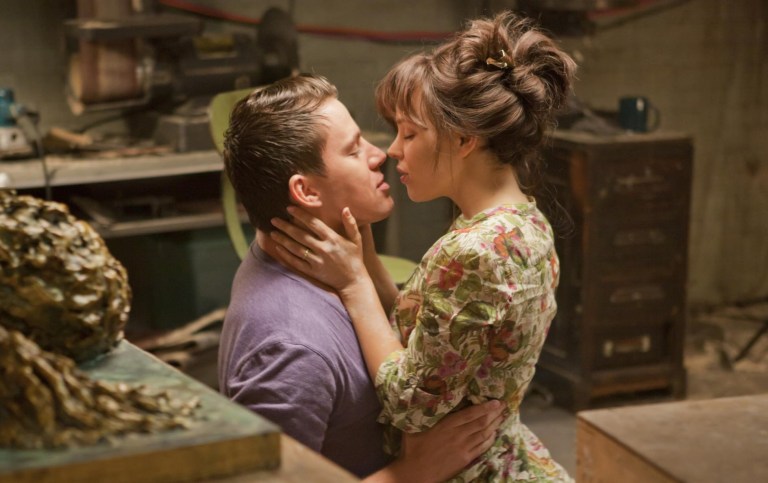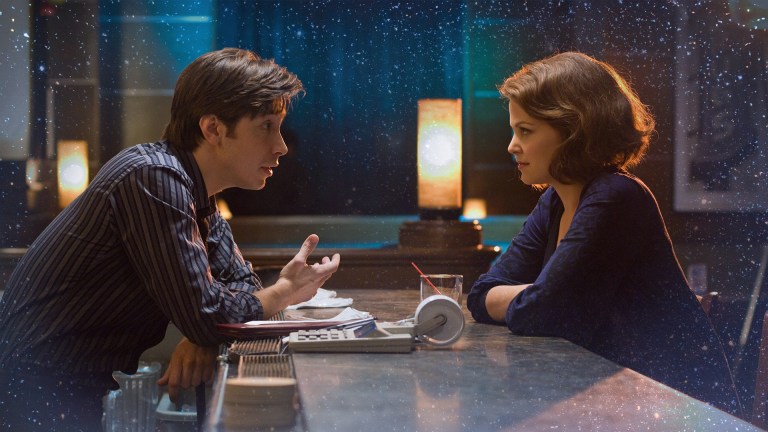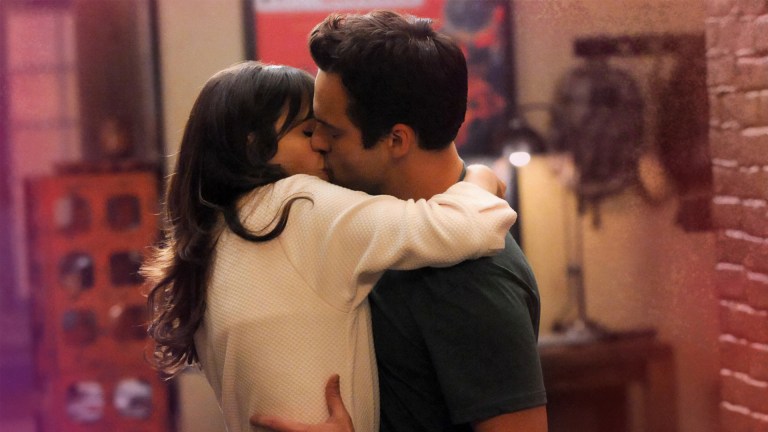
There’s A Difference Between Romantic And Attachment Love, And It Will Help You Figure Out So Many Relationships
There are many different types of love we experience in a lifetime. You know that the type of love you have for your parent isn’t the same you have for your partner.
There are many different types of love we experience in a lifetime. You know that the type of love you have for your parent isn’t the same you have for your partner. But what you might not realize is that you can also experience different types of love within the course of a single relationship, and in fact, as a relationship progresses, that’s exactly what should happen.
When people talk about “falling in love,” they talk about romantic love. They talk about the newness, the nerves, the luster of a new person who is also, maybe, possibly not going to commit to you. That is one of the core tenets of romantic love: it is based on longing, not having. What makes the object of your desire so appealing is that they are not yet completely yours, and so you go into overdrive trying to “win” them. They are still mysterious, their affection comes in waves or hints, and so you get a sort of tunnel vision in which everything else is eclipsed.
In romantic love, your relationship is built a lot on chemical reactions and surface-level compatibility. Your first assessment of a romantic partner is going to be brief: are you attracted to them, and do you have enough in common that you could spend some period of time together? Beyond that, you’ll also likely become interested in one valuable part of them: maybe it’s their good looks, maybe it’s the music they play, maybe it’s how they socialize with others. Whatever it is, there will be something they have that you see as “high stock,” something you want to have as part of your life.
The other trick of romantic love is that it often fills a void. There’s a reason that some people become addicted to certain types of relationships: the chemical reaction that happens in their head is similar to that of taking drugs or other stimulants. On top of this, there are the expectations. We expect our romantic partners to give us purpose, security and meaning in life.
However, romantic love is not the kind of love on which you build a lifelong partnership.
After about one year together — though it can vary — romantic love should start to settle into attachment love. That word, “attachment,” tends to have a negative connotation, but that is not what this is. Attachment love is the love you’re actually looking for. It is the love you experience when your partner is your best friend, confidante, and friend. It is the love that you experience when you feel completely comfortable and at ease in your partner’s presence.
Romantic love is common, attachment love is rare.
Romantic love is temporary, attachment love is long-term.
Romantic love is based on what you don’t have, attachment love is based on what you do.
Louis de Bernières describes this well:
Love is a temporary madness, it erupts like volcanoes and then subsides. And when it subsides you have to make a decision. You have to work out whether your roots have so entwined together that it is inconceivable that you should ever part. Because this is what love is. Love is not breathlessness, it is not excitement, it is not the promulgation of promises of eternal passion. That is just being in love, which any fool can do. Love itself is what is left over when being in love has burned away, and this is both an art and a fortunate accident. Those that truly love have roots that grow towards each other underground, and, when all the pretty blossoms have fallen from their branches, they find that they are one tree and not two.
Many people make lifelong commitments based on romantic love, and have a hard time when it settles and they discover that attachment love is not as strong as they’d hoped.
While both types of love are important, and each serve their own purpose, it is important that you wait to see that you and your partner have each.
Your partner should be your best friend and your lover. The person who you “love” but who won’t commit to you is your romantic love, but not your attachment love. The person you’re in a comfortable relationship with but never feel any sparks or chemistry is an attachment love, but not a romantic love. You will find one of each in many people throughout your life, but when you find someone with whom you experience both, you’ll know you’ve found the right one for you.











